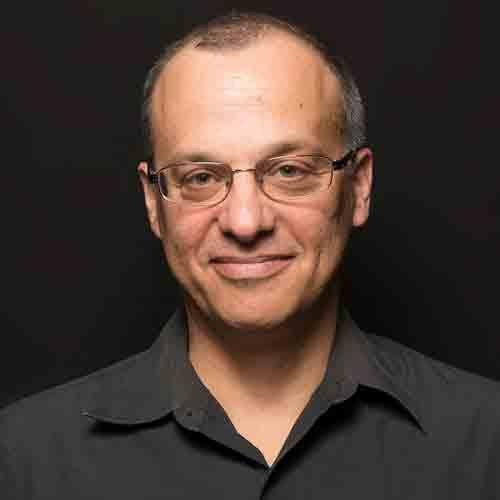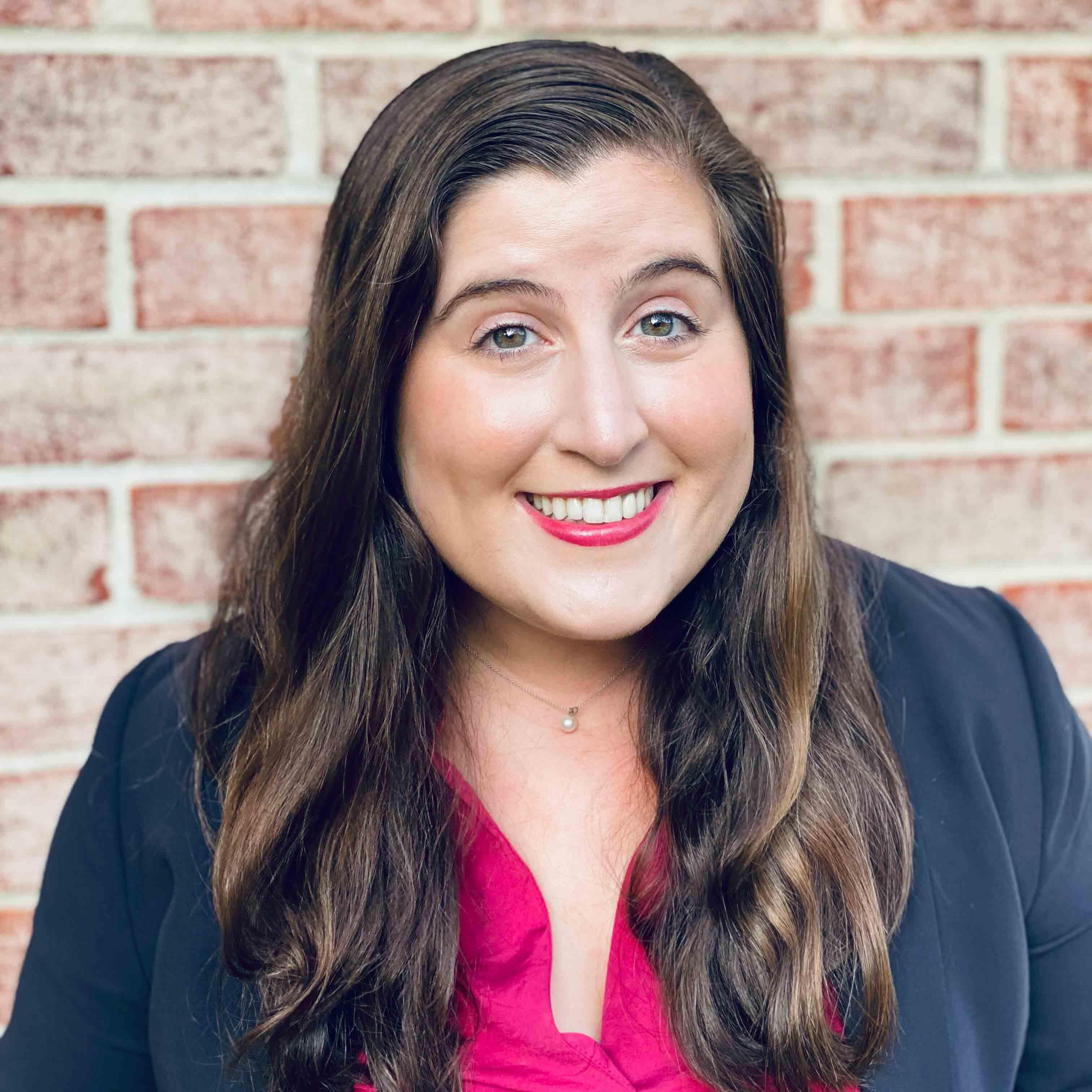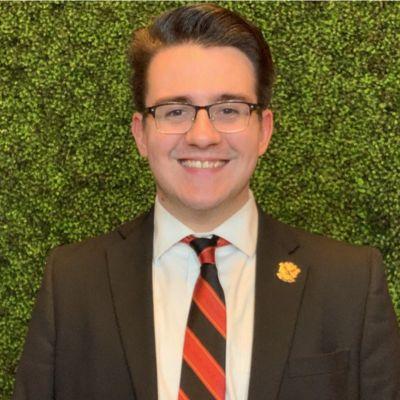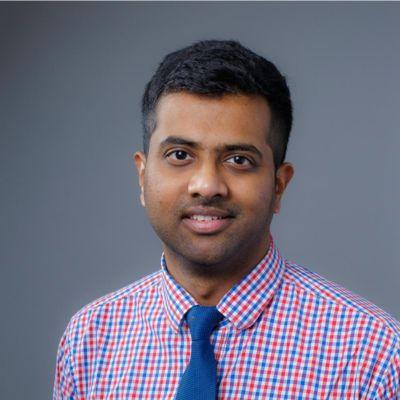Justice and Legal Thought
Analyzing the role of law to advance social justice
Introduction
Law is almost always talked about in relation to justice. Countless examples throughout history show, however, that law not only can be a catalyst for social change—but sometimes an obstacle to it as well.
Justice and Legal Thought (JLT) is an anti-racist program that examines social justice in its relationship to law. It analyzes the connections between law and social justice, challenging students to ask: “What is the right thing to do?” Along the way, students study how people collectively seek to do the right thing through social action.
Using critical thinking, legal analysis and persuasive communication, students:
- Explore the interactions between social movements and law and policy;
- Consider the means by which we can create a more socially just and robustly democratic society; and
- Critically reflect upon law and social justice in practice.
Students, who are taught by faculty in the government, philosophy and history departments as well as law faculty from University of Maryland (UMD) Carey School of Law, will gain research experience and develop important skills in argumentation and problem solving.
JLT welcomes students of all majors who believe strongly in the possibilities of creating change.
Colloquium and Lecture Topics
- What is law? What is social justice?
- To what extent does law advance or impede justice?
- How do substantive law, procedural law, constitutional law and international law interact to promote or compromise social justice?
- What can students do to advance social justice?
My JLT courses on philosophy, social justice and theory taught me the historical and modern context of the criminal justice system. My education from my majors would not have been nearly as colorful and complex if I had not taken JLT courses in complement.
Other Learning Opportunities
UMD's location near Annapolis, Baltimore and Washington, DC, provides unique opportunities for students to investigate justice as it pertains to real-world situations. Students have the opportunity to:
- Take field trips to court rooms, law schools, Smithsonian institutions and the Kennedy Center;
- Participate in dialogue and restorative justice trainings with on- and off-campus partners;
- Volunteer with local and international nonprofits to assist local refugee families; and
- Enjoy access to special events and lectures and networking opportunities with law school faculty through JLT’s close relationship with the MLaw Programs, UMD’s undergraduate law programming.
Students further engage in service-learning experiences and law-related internships of their choice for the practicum requirement. Past JLT students have interned for:
- Members of Congress and the Maryland General Assembly;
- The Office of the Public Defender;
- The Pretrial Services Agency of the District of Columbia;
- The Maryland Coalition Against Sexual Assault;
- The American Civil Liberties Union; and
- Homes Not Borders.
Curriculum Overview
Over the two-year program experience (four semesters), students will complete a 3-credit supporting course that will count toward their JLT Scholars citation. In most cases, this will also fulfill General Education requirements. Note that your Scholars courses—colloquium, practicum and supporting course—will generally be in addition to any courses you take to satisfy major requirements.
The following table represents a typical two-year curriculum, but individual schedules may vary. Details about courses and requirements can be found on the JLT Citation Checklist.
| SEMESTER | COURSES | CREDITS |
|---|---|---|
| Freshman Fall | Scholars Colloquium | 1 credit |
| Justice and the Law | 3 credits | |
| Academic Writing | 3 credits | |
| 2–3 courses toward degree and major requirements (including possible supporting course) | 6–9 credits | |
| Freshman Spring | Scholars Colloquium | 1 credit |
| Law in a Just Society | 3 credits | |
| 3–4 courses toward degree and major requirements (including possible supporting course) | 9–12 credits | |
| Sophomore Fall | Scholars Colloquium | 1 credit |
| 4–5 courses toward degree and major requirements (including possible supporting course) | 12–15 credits | |
| Sophomore Spring | Scholars Practicum | 2–3 credits |
| 4–5 courses toward degree and major requirements (including possible supporting course if not already completed) | 12–15 credits |
Sponsoring College
Residence Hall
Cumberland Hall
Office Address
1121 Cumberland Hall
Office Phone
Faculty


Justine DeCamillis


Social Media Etc.
College of Behavioral and Social Sciences: International Studies and Justice & Legal Thought Scholars Support Recently Resettled Refugee Families, September 2022
The Diamondback: First-ever Refugee Day creates community for refugees, May 2022
Justice and Legal Thought News
JLT Scholar Wins Prestigious U.S. Department of State Fellowship
Washington, DC – Following a nationally competitive application process, University of Maryland, College Park (UMD) student Astrid Gabriella Tagne Meleu, a Justice and Legal Thought Scholar, is one of 15 individuals selected by the U.S. Department of State for the Foreign Affairs Information Technology Fellowship 2024 cohort.
Numerous Scholars Earn University Student Leadership Awards
The Annual University Student Leadership Awards program recognizes and celebrates the outstanding achievements of our student leaders and scholars. Through this program, the university aims to acknowledge the exceptional academic performances and contributions to the University of Maryland community and surrounding neighborhoods made by students. Numerous Scholars were finalists and recipients of several of UMD's top awards.
“Think Globally, Act Locally!” Do Good Innovators Build Bridges Between Students & International Communities
In March 2024, the inauguralProvost’s Do Good Innovator Awards winners were announced. Out of 57 faculty named, Dr. Sarah Kilmer and Dr. Justine DeCamilis of the College Park Scholars program were rewarded for their joint work on the Terps Community Mentors program (TCM). Piloted in 2021, TCM builds bridges between first-year International Studies (IS), Justice and Legal Thought (JLT) students, and Afghan refugee families at the Parkview Garden Apartments in Riverdale. In the three years since its debut, these College Park Scholars students now routinely visit the Parkview Garden Apartments in Riverdale—cleaning up creeks and streams, donating meals, distributing school supplies and fostering big brother/sister relationships with the young children around the complex.
Twelve Scholars Named Class of 2024 Senior Marshals
Senior Marshals are graduating seniors who have demonstrated the highest levels of scholarship, service to the campus community, extracurricular involvement, and personal growth. The University of Maryland Senior Marshals represent graduating seniors who have demonstrated the highest levels of scholarship, service to the campus community, extracurricular involvement, and personal growth.
Two Scholars Programs Receive New Do Good Campus Fund Awards
Dozens of projects were recently awarded $460,000 from the University of Maryland’s new Do Good Campus Fund. The Fund is part of a suite of new campuswide investments to expand the university's leadership and impact to advance the public good. These investments also include the Do Good Campus Strategic Leadership Council, composed of senior administrators from colleges, schools, and units across campus to celebrate the social impact already being made by faculty and staff across campus.This year's 27 grantees include faculty, staff, and student groups and two recipients are Scholars programs. Congratulations to Justice and Legal Thought and Media, Self and Society!
Five Scholars Community Members Named Provost's Do Good Innovator Award Recipients
In partnership with the Office of the Provost, the Innovator Awards highlight the incredible members of our campus community who create, nurture, expand and amplify social impact throughout education, programs and research, both inside and outside the classroom. These dedicated Terps were nominated by their colleagues who recognized the broad and meaningful impact they create. Over the past academic year, members from the Do Good Campus Strategic Leadership Council reviewed nominations and selected their awardees, with some units opting to fund additional awards. Congratulations to:
